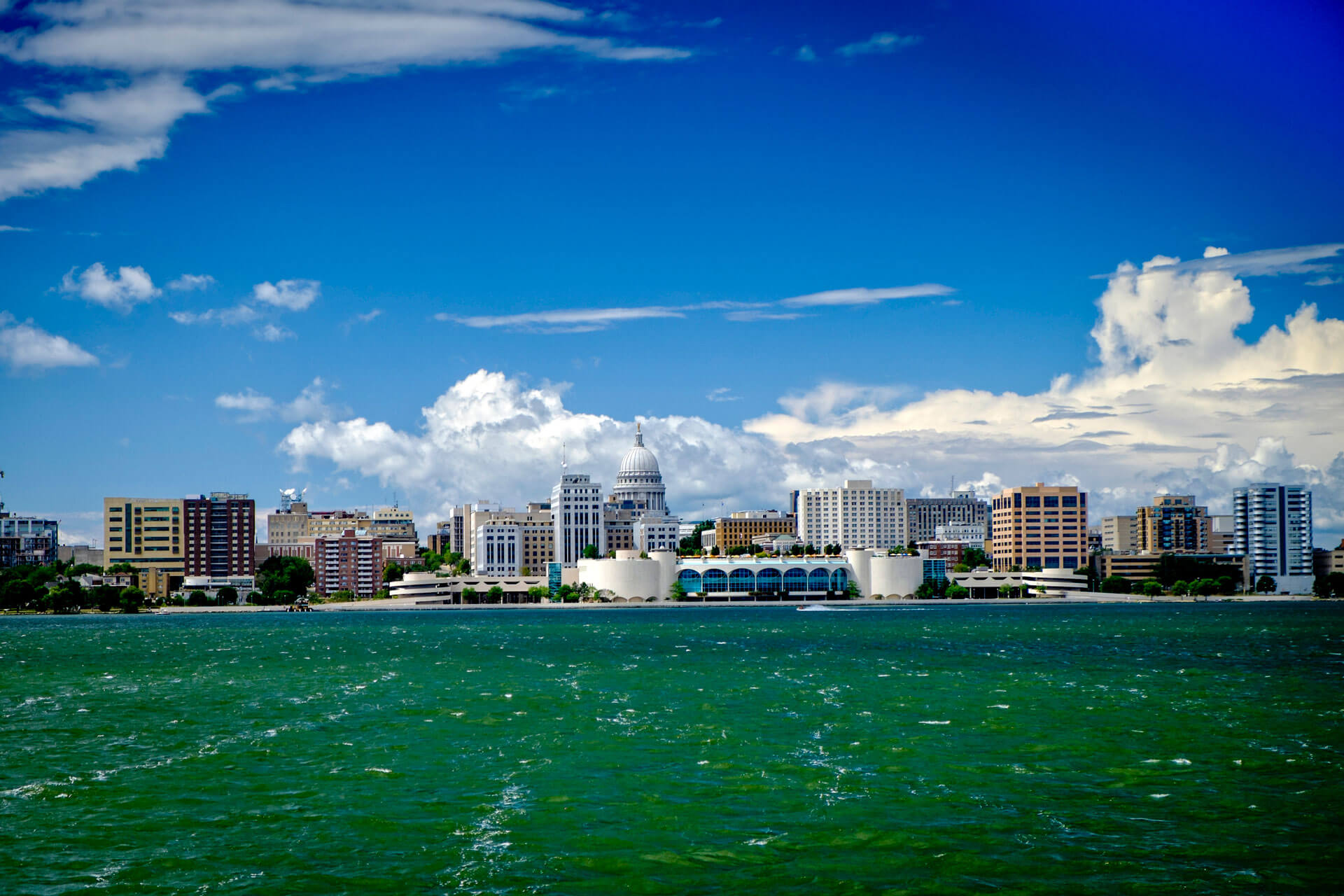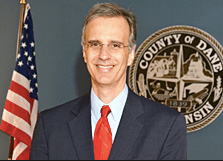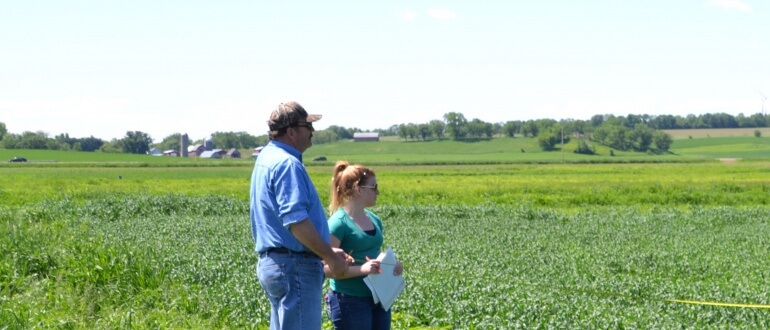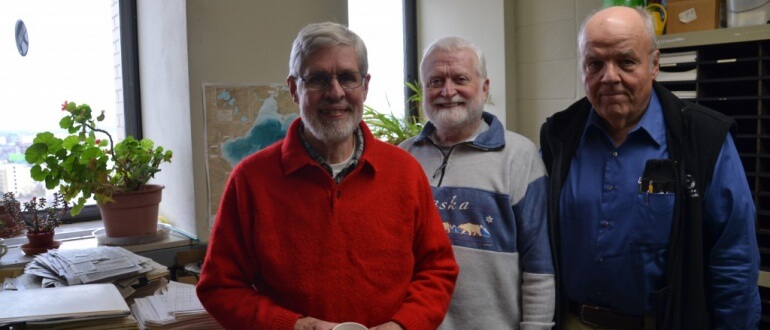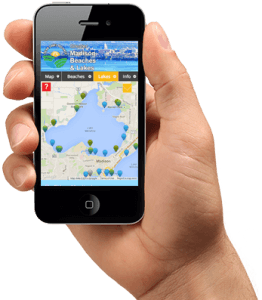Urban Actions taken by the Village of Windsor in 2015:
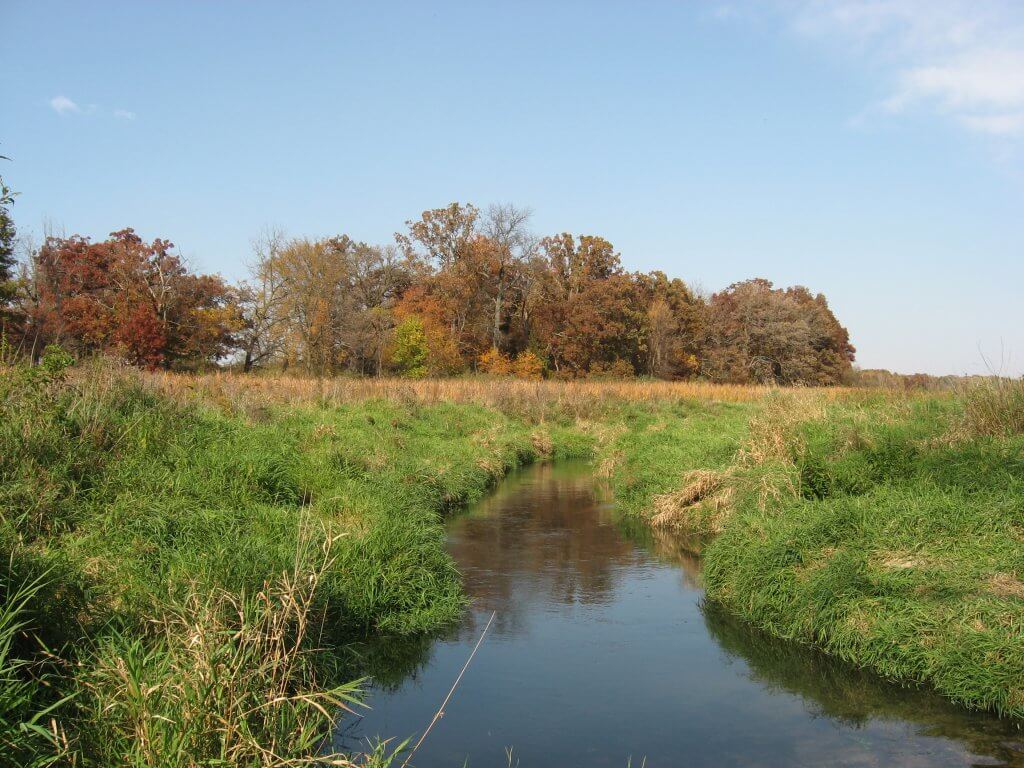
Village of Windsor, Token Creek
The Village of Windsor, located on the Upper Yahara River north of Lake Mendota and Token Creek, requires 90 to 100% infiltration of pre-development stormwater flow in its new subdivisions, plus infiltration to account for groundwater use. These requirements are in place for Prairie Creek, Wolf Hollow, and Bear Tree Farms developments.
Additional stormwater infiltration structures have been put in place at the Windsor Blue Addition and the Windsor Crossing commercial and residential plats.
